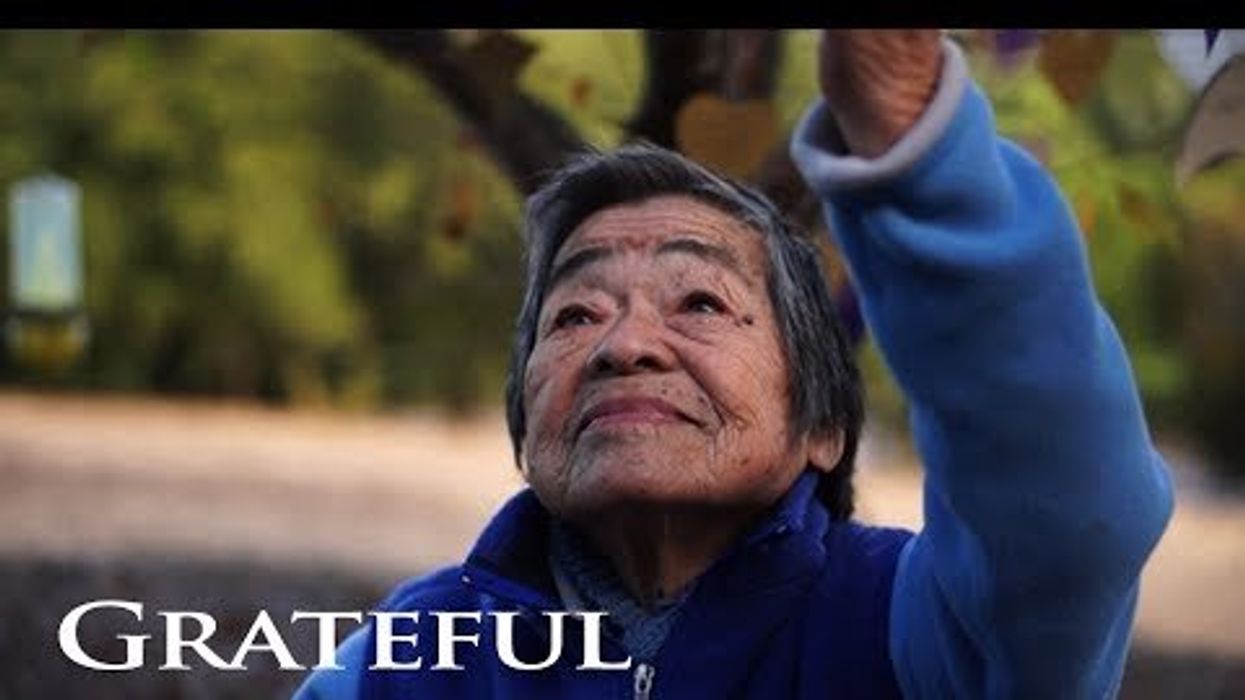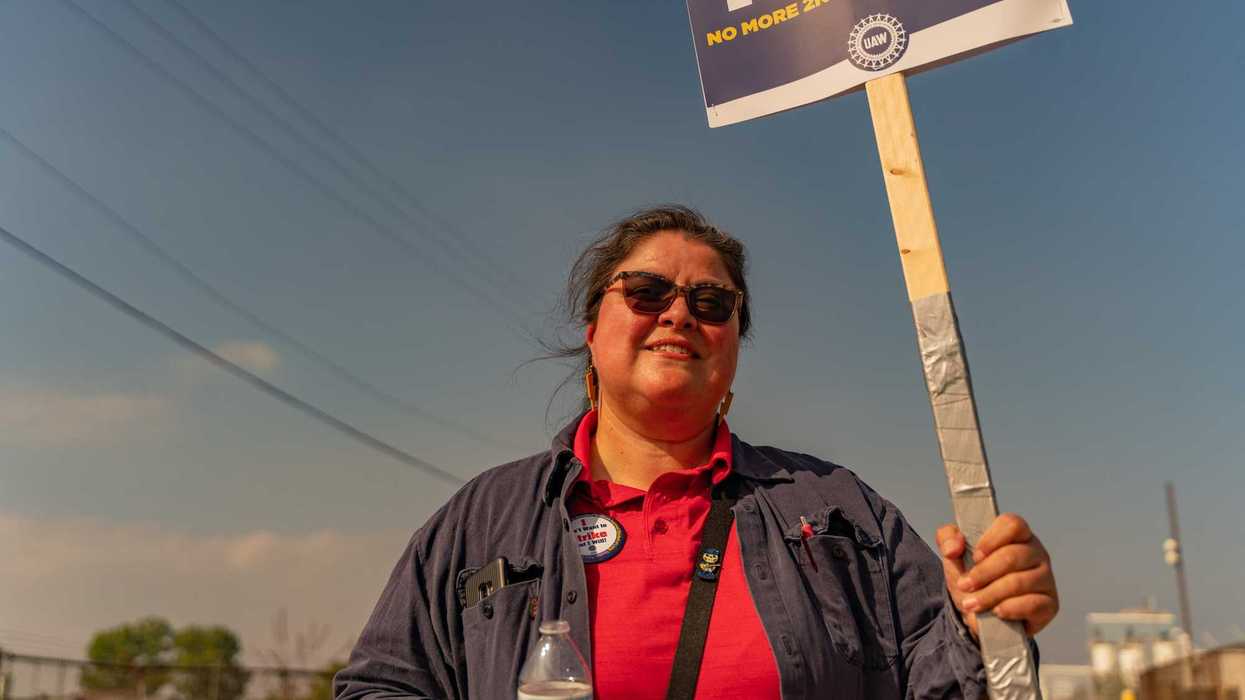In the spirit of giving thanks this holiday season, we share with you a wonderful music video in the spirit of gratitude with the hope it will be spread wide and far, overflowing into acts of love and compassion.
We present to you, “Grateful: A Love Song to the World.”




















Why does the Trump family always get a pass?